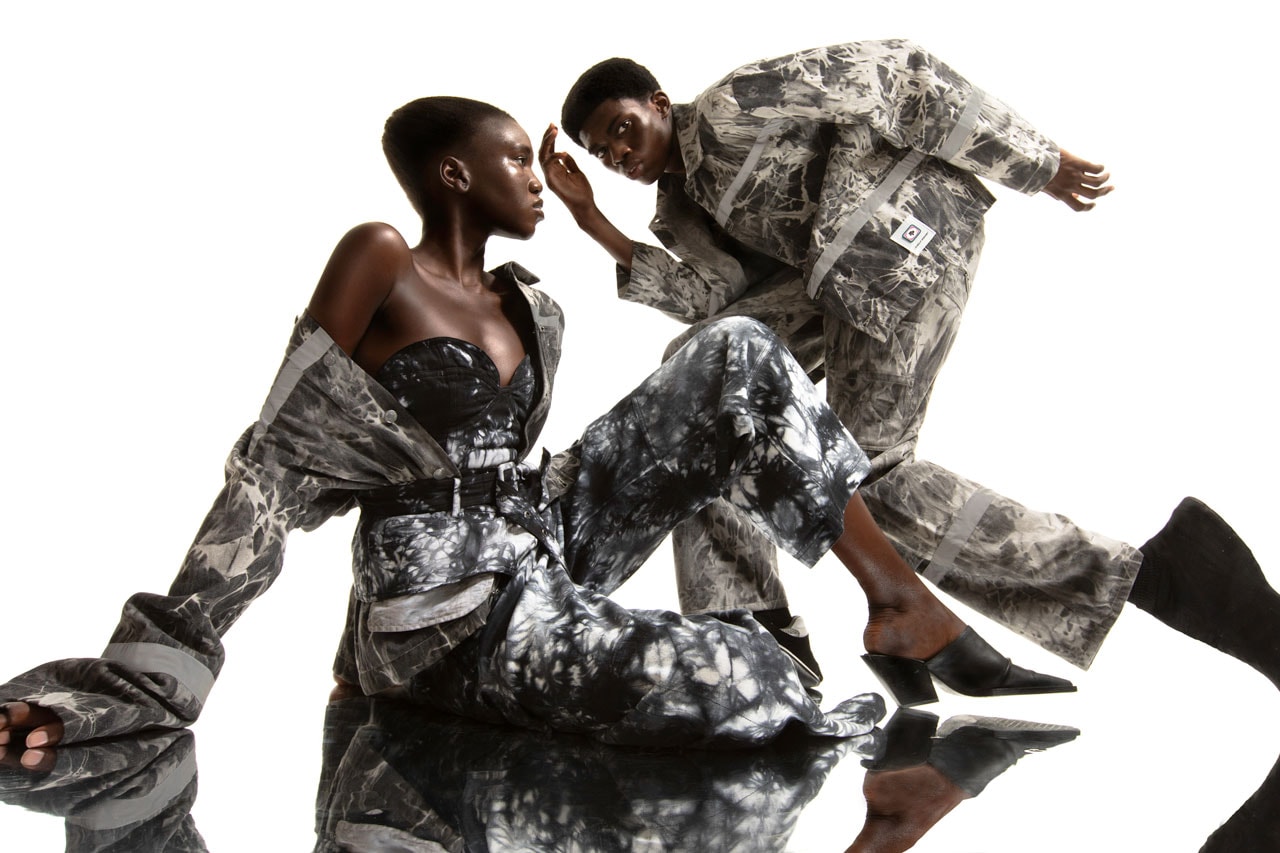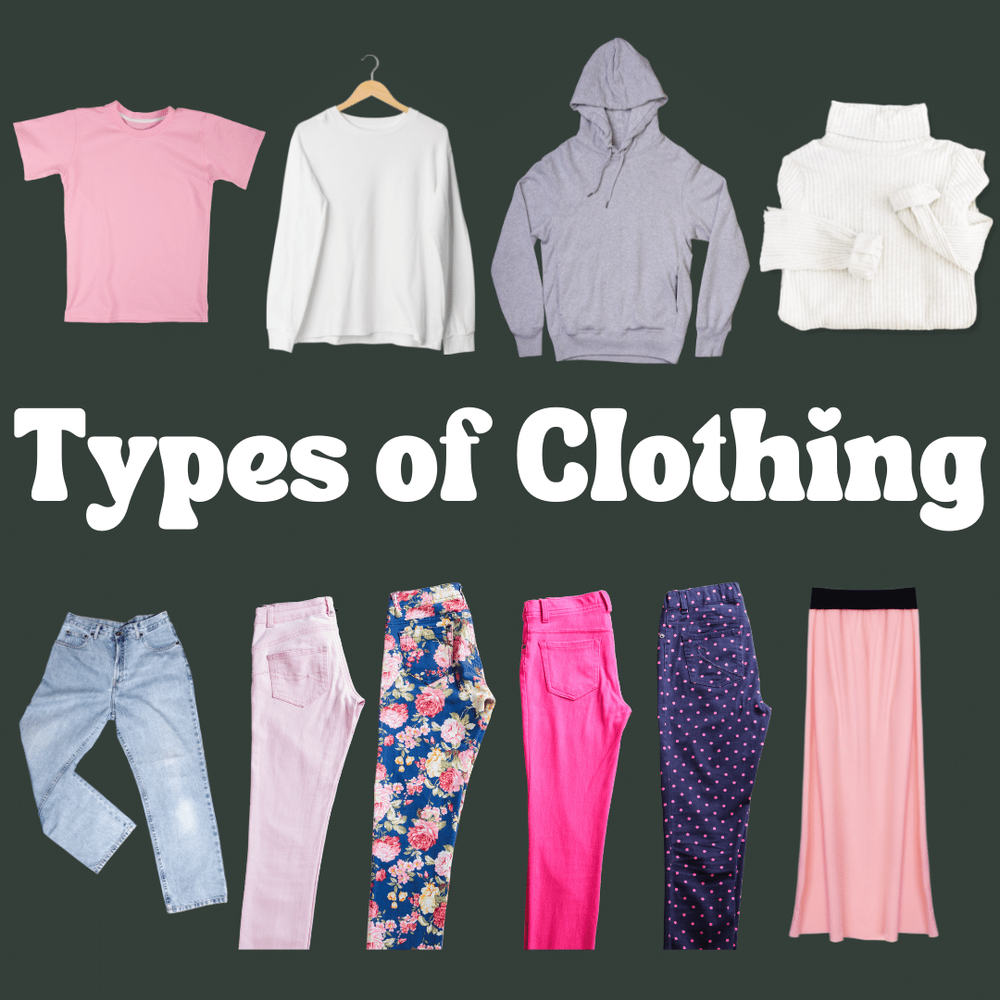While blogs primarily promoting T-shirts rarely evolve into global clothing brands, Everyday Paper has never followed a conventional path. For this brand, clothes are more than garments; they serve as a medium for cultural learning and the connection of diverse communities. What sets Everyday Paper apart is its unwavering commitment to uplifting its community, unlike many brands that merely use “community” as a marketing buzzword.
Founded by Hussein Suleiman, Abderrahmane Trabsini, and Jefferson Osei, Everyday Paper represents a reflection of Pan-African pride and community. With diverse heritages—Somali, Moroccan, and Ghanaian—these founders embarked on their fashion journey in 2012, aiming to use fashion as a means of cultural exploration and acceptance, a mission that remains unchanged today.
“When we started Everyday Paper, we said, ‘We don’t know enough about our own history,'” noted Suleiman. “We grew up learning a lot about Dutch history, English history, American history, and Italian history. But my friends are from Morocco and Ghana, and I don’t know anything about where they’re from. So we use Everyday Paper as a vehicle to learn more about cultures outside of the West.”
But what does it mean to promote community as a fashion brand in practice? For Everyday Paper, it means collaborating with creatives from Africa and showcasing these collaborations on a global stage. Collaborating with artists is an integral part of the brand’s ethos and will continue to be a significant element in its collections.
“Fashion is about emotions, and for us to strike any kind of emotion with someone, we need to understand their history,” explained Suleiman. “It’s not one size fits all for a brand anywhere in the world. The challenge is [finding ways] to lean into the things that people are receptive to, and that’s what we’ve been doing for the last 10 years.” The founders’ search for talent is a meticulous process, and their passion for African creations extends to their annual internship program. Currently collaborating with Bubblegum Club, a Johannesburg-based cultural organization, the brand selects a creative from Africa to intern with their design team for a month. While the program currently offers one internship per year, they plan to expand it with multiple interns throughout the year.
Everyday Paper’s community engagement extends beyond internships and collaborations. In December of the previous year, the brand partnered with Off-White™ to unveil the first skate park in Ghana, named Freedom Skatepark. The launch included a tribute to the late Virgil Abloh and is set to play a central role in developing Ghana’s skate culture. Whether through artistic collaborations, skatepark initiatives, or partnerships with nonprofit organizations like Elman Peaces, fostering community and giving back are at the core of Everyday Paper’s mission.
“‘How can we share our blessings with other people’ is a question embedded in this company and in the thinking of almost everyone who works here,” stated Suleiman. “Individualism is not our philosophy.”
All these initiatives have profoundly influenced the brand’s design evolution. While T-shirts and hoodies formed the foundation of Everyday Paper’s streetwear-focused designs, the brand has expanded its fashion repertoire over the years. Today, visitors to the website or the brand’s flagship stores in Amsterdam, London, or New York City can find an array of knitwear, sophisticated bodycon dresses, contemporary tailored pieces, printed overcoats, and puffer jackets alongside the signature streetwear staples.
Whether in mainline collections or creative collaborations, Everyday Paper’s pieces reflect heritage and culture. This inspiration is evident in garments like the FW22 wool overcoats and leather jackets, featuring a custom-branded coat of arms graphic and embroidery. The insignia proudly represents the founders’ roots, composed of a lion, leopard, and an eagle.
From its clothing to its extensive range of community-oriented activities, Everyday Paper has not only earned respect but also genuine love and admiration. To celebrate its tenth anniversary, the brand hosted a packed event at Amsterdam’s Paradiso music venue. The lineup featured international DJs, musicians, and record producers, and the audience was a testament to the brand’s success in nurturing community bonds.
So what lies ahead for Everyday Paper? “Ultimately, you want to pass the torch to people you trust, people who understand the DNA and vision of the brand,” said Trabsini. “I really want to build a brand that can move on its own and is not reliant on the founders.”





